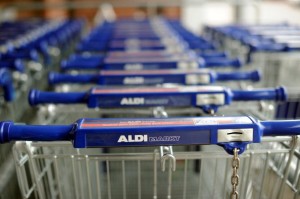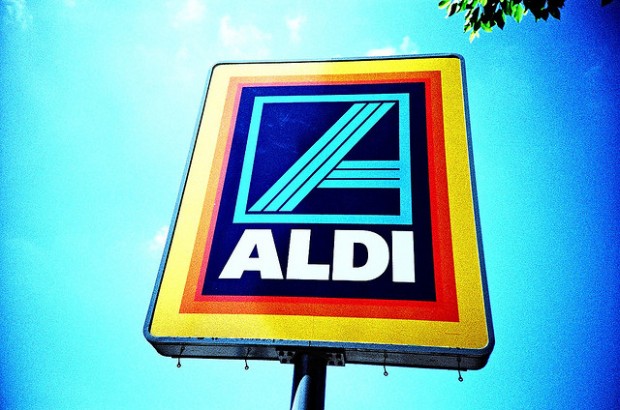
Alex Wong / Getty Images
The new Aldi grocery store that opened last week in Northeast D.C. has been touted as a boost for nearby low-income residents since the discount grocer is known for its low prices. But the store doesn’t accept governmental assistance payments such as the Women, Children and Infants (WIC) program, which provides low-income families with subsides to purchase groceries. The chain does, however, accept Electronic Benefit Transfer (EBT) cards.
“We have explored ways for the Women Infants and Children (WIC) program to work within our operational structure,” Spokeswoman Amy Nadler emailed this statement to DCentric. “However, since the majority of our grocery products are under our own ALDI exclusive brands and are not national brands, unfortunately, we simply don’t qualify within the program’s current guidelines. Therefore, we cannot accept WIC.”
So even though Aldi does have low prices, the pricier Safeway nearby may be the only option for those on WIC.
This post has been updated to include information about Aldi accepting EBT cards.




